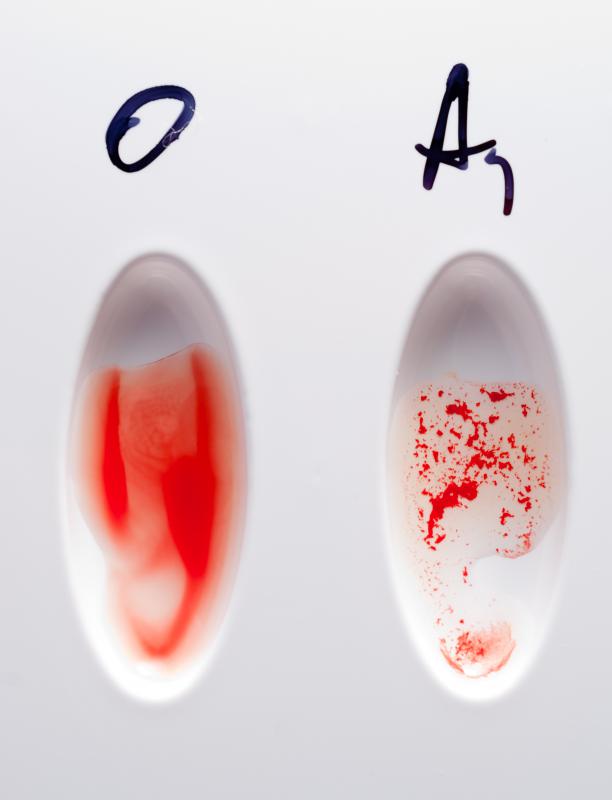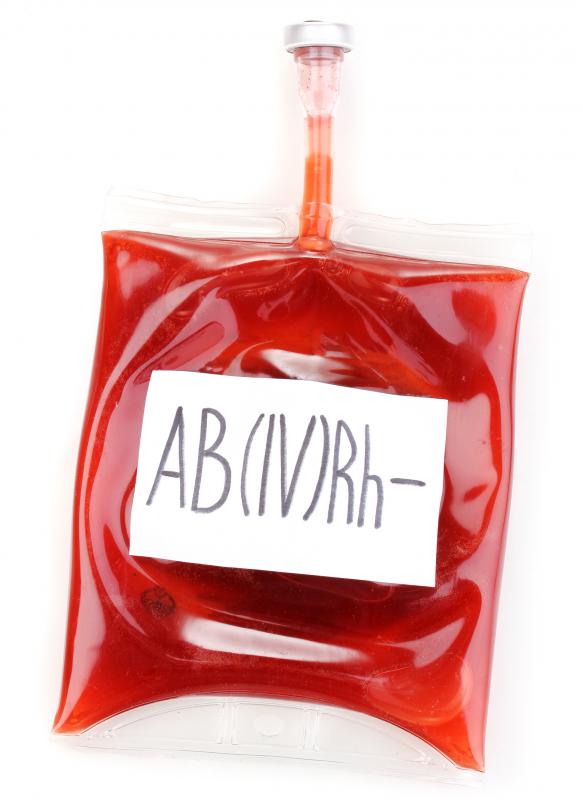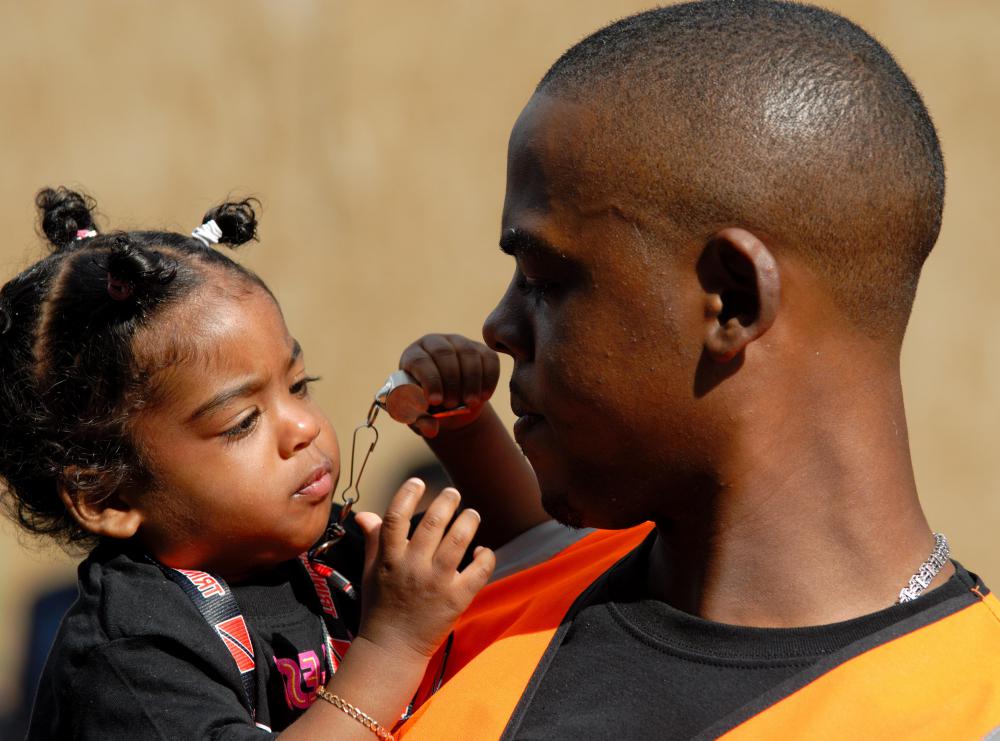At TheHealthBoard, we're committed to delivering accurate, trustworthy information. Our expert-authored content is rigorously fact-checked and sourced from credible authorities. Discover how we uphold the highest standards in providing you with reliable knowledge.
What is the Connection Between Blood Type and Paternity?
There is a significant, but inconclusive, connection between blood type and paternity. A blood type test can be effective in ruling out a potential father to a child, but it is not a definitive method of deciding paternity. Though blood tests can still play a role in determining paternity, they are now usually used in conjunction with more sophisticated DNA tests, which use protein in blood or other body tissues to determine a genetic match.
Blood tests help to solve questions about paternity by comparing the blood type of the mother and child to the potential father. The connection between blood type and paternity can be determined by ruling out varied combinations of types among the mother, child, and the father. As there are only a limited number of blood types possible — A, B, O, and AB — a man whose blood type matches that of a child is not necessarily the father.

ABO typing is the best known blood test. It studies the antigens in red blood cells in search of a genetic match. Parents pass alleles — which are different types of genes — down to their children. These alleles determine whether a blood type is A, B, AB or O, hence the name of the test.
In an attempt to improve upon the results of the ABO test and to strengthen the connection between blood type and paternity, scientists developed different kinds of blood tests. These include the MN and Rh tests which study different kinds of antigens, or molecules, in the blood. While the new tests did improve the accuracy of results, they still did not provide irrefutable prove of paternity.

Blood tests were also conducted in conjunction with tissue tests in an attempt to reach greater accuracy. The Human Leukocite Antigen (HLA) test attempted to determine a genetic match by looking at similarities in antigen patterns. As with the blood test alone, these tests were also more successful in ruling out a father than they were in determining paternity.

Since the 1990s, attempting to draw a connection between blood type and paternity has been mostly replaced with more sophisticated DNA testing. Blood can still play a role in this kind of genetic testing, as blood protein can be used, in addition to other body tissues, to determine a match. Continually improving DNA tests can now provide a 99.99% chance of accuracy. They can also draw results from a wider array of family members, such as grandparents and cousins, than blood tests ever could.
AS FEATURED ON:
AS FEATURED ON:















Discuss this Article
Post your comments